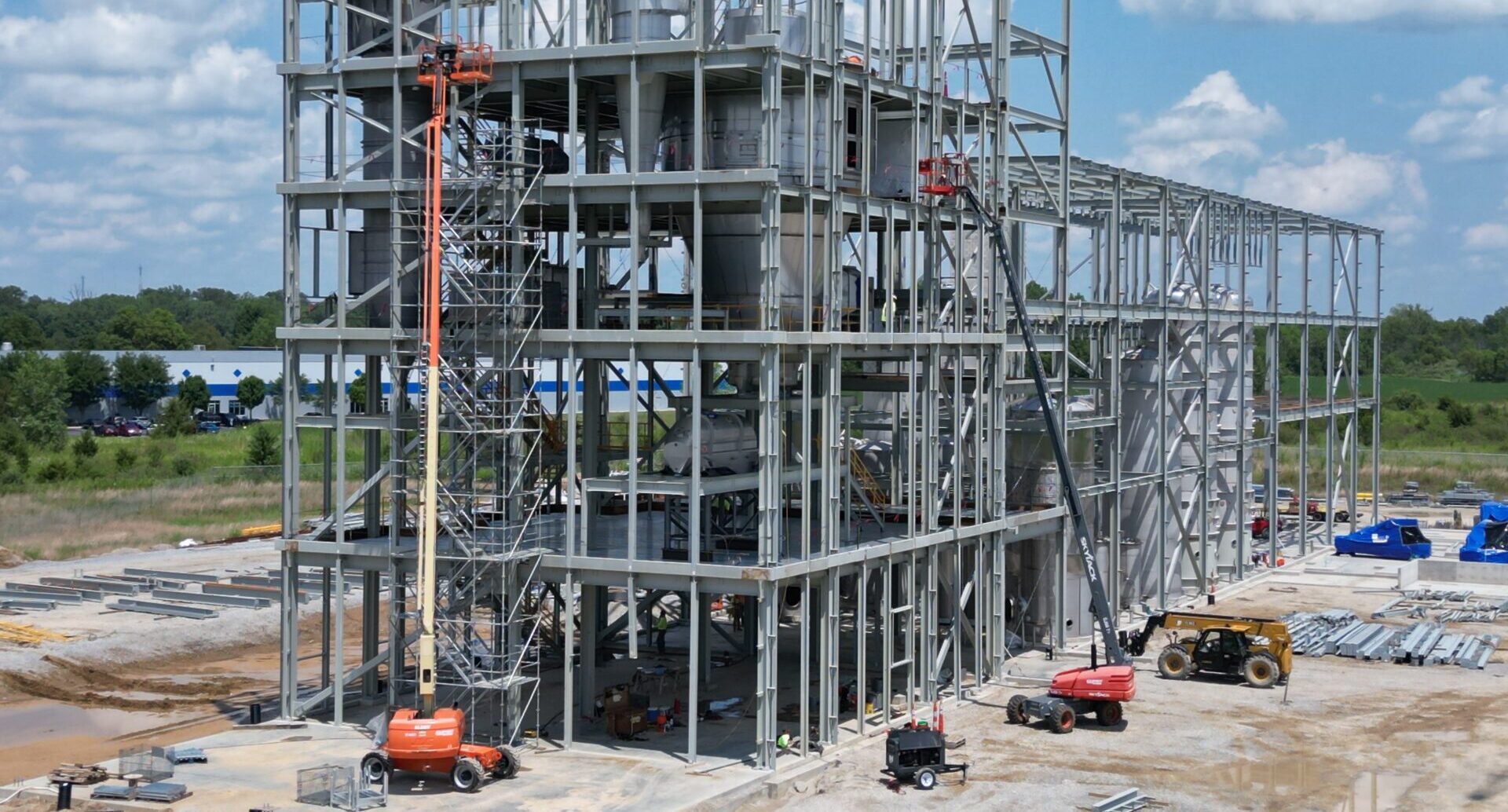Liberation Labs, a US startup building biomanufacturing capacity for a new generation of bioproducts from animal-free whey to egg proteins, has struck a deal with NEOM Investment Fund (NIF) to build a precision fermentation facility in Saudi Arabia as food security moves up the kingdom’s agenda.
NIF—which invested in Liberation Labs earlier this year—is the strategic investment arm of NEOM, a futuristic giga-project in Saudi Arabia backed by the government’s Public Investment Fund.
The new bioproduction facility, which is likely to mirror a site Liberation Labs is currently building in Richmond, Indiana, will be designed and developed in collaboration with Topian, a food company created by NEOM in 2023 designed to “future proof” the country’s food system.
With 80% of its food coming in from overseas and much of its land unsuited to agriculture, Saudi Arabia is looking seriously at biomanufacturing along with indoor farming and other methods of producing food domestically, Liberation Labs CEO Mark Warner told AgFunderNews.
“Like a lot of countries, they want more products made in-country, or at least in-region. So Topian may have some products [it will produce at the site] although there are likely to also be more traditional, large CPGs that may be some of the key off takers. We’ve had a lot of interest, including from some of the big CPGs, who are intrigued about having a local food source.”
Saudi site would mirror site in Richmond, Indiana
Asked about timing, he said: “I don’t think the build would be materially different from the Richmond site [a 600,000-L facility that could scale up to 4-million-liters], so I think a facility in Saudi Arabia could be built in a couple years [following a 6–12-month feasibility study].”
As for inputs for the site, he said: “There are sugar supplies that are generated in the kingdom although they also import a lot of sugar, so it’s readily available. Obviously, water is more expensive, so we’re going to need to localize, optimize more for water, and make some changes in the design.
“But as far as access to what we need to build it, the last facility I built before Liberation Labs was a $200 million site in rural Brazil, and this [facility in Saudi Arabia] is likely to be so much easier. There’s obviously a lot of energy going to other industries, so when it comes to getting big contractors, piping, equipment, all of that, we’re very confident.”
Feasibility study
The ingredients likely to be produced in bioreactors at the site will depend on the feasibility study, he said. “However, the assumption is that it will be similar to Richmond, where we can [use microbial fermentation to] make dairy proteins such as whey and casein, egg proteins, higher-value ingredients for infant formula such as lactoferrin and HMOs, but also biomaterials and intermediates for the pharmaceutical industry.”
As for funding the facility, he said, “The agreement we have signed is to do a feasibility study, but obviously, part of the reason we partnered with NIF is they have the ability to bring capital to the table, although there is no firm commitment at this point. Generally sovereign wealth likes to be involved in these kinds of assets.”
Liberation Labs’ role going forward will depend on the feasibility study, he said, “It’s most likely, if we help them design it and build it, that we would probably be an operating partner. But again, I want to be clear, we don’t have a firm agreement at this stage.”
Global ambitions
The 600,000-L fermentation capacity initial phase of Liberation Labs’ Richmond, Indiana, facility is set to be completed by the end of the year, says the firm, which has letters of intent representing over 200% of the available capacity for the first five years of operations.
The company—which has raised around $125 million in equity and non-dilutive funding to date—has also received a $1.39 million award from the US Department of Defense to conduct a feasibility study (to be completed this fall) to expand the Richmond site to a 4-million- liter facility, said Warner.
“We’re actively working on the projects in Richmond and Saudi Arabia, but we also have an eye on Australia as our third location. That’s always been our main focus, to build multiple sites in multiple geographies, in part because big companies don’t want to launch a brand that’s got a key ingredient that only one facility can make.”





